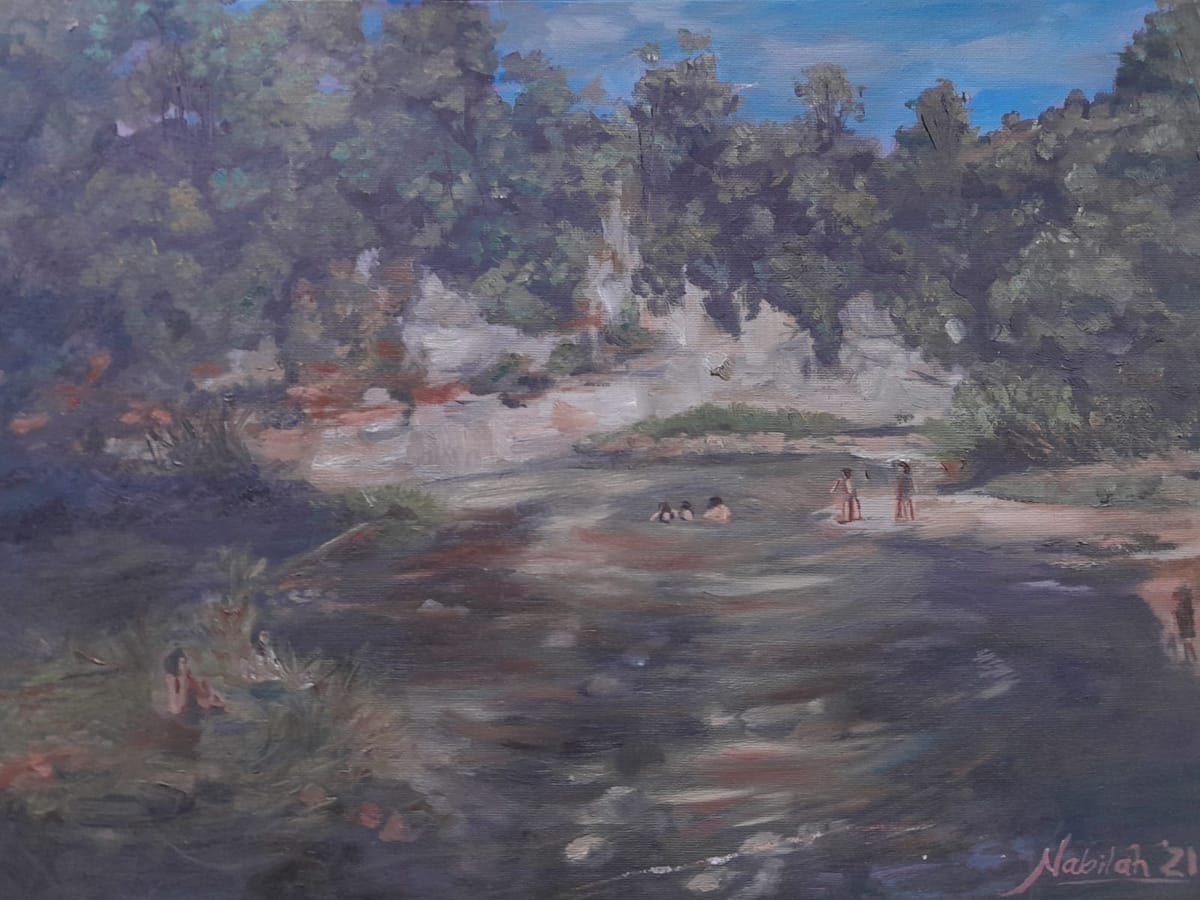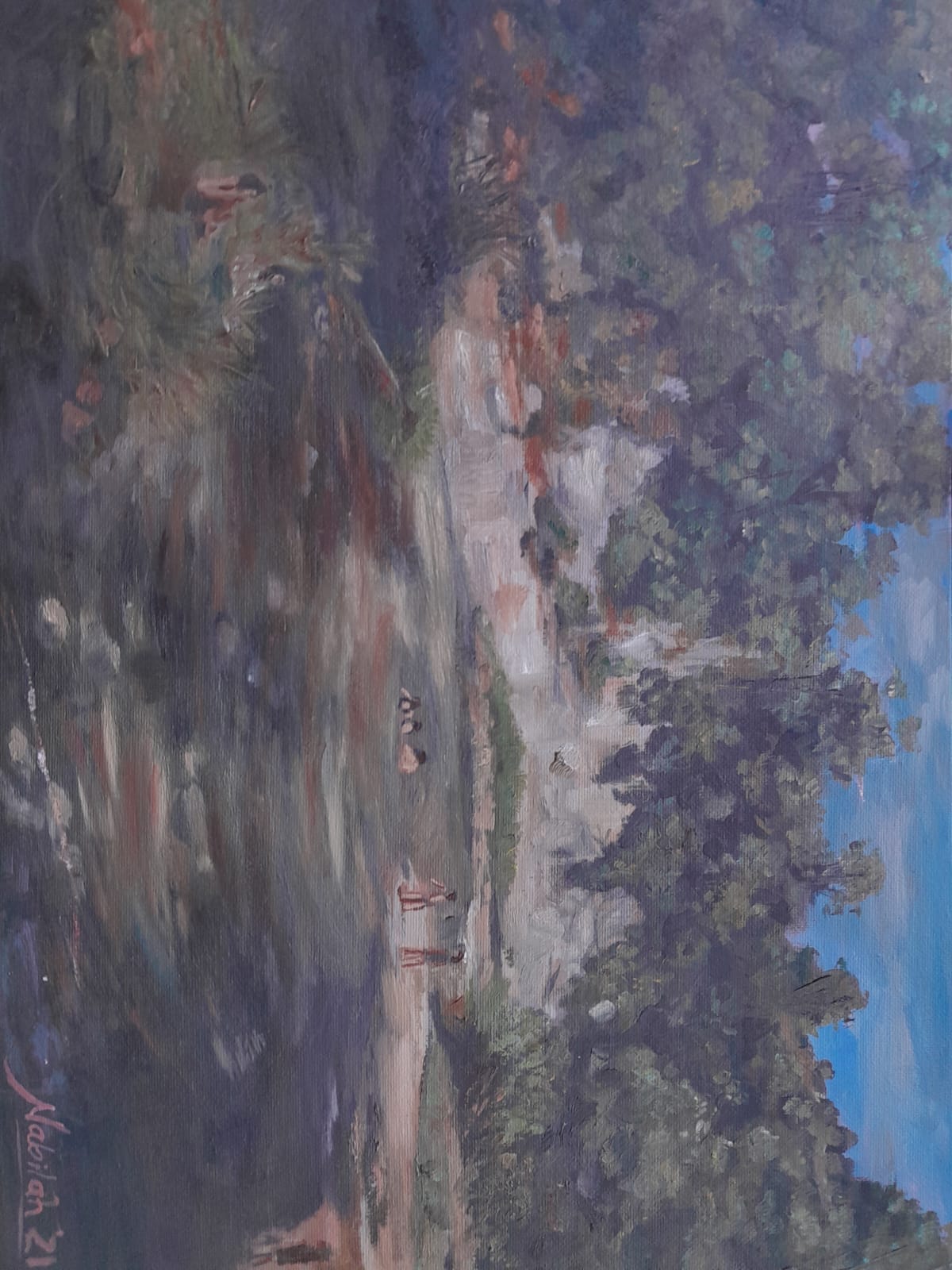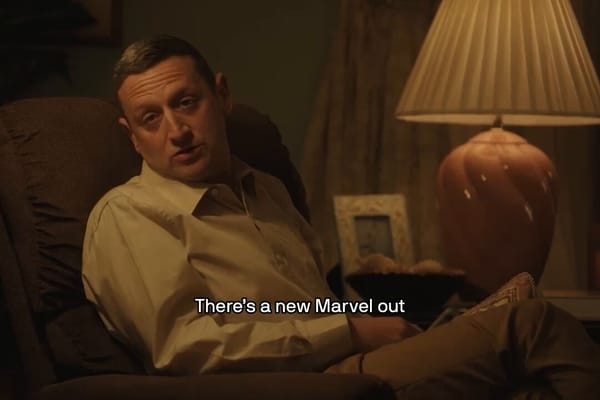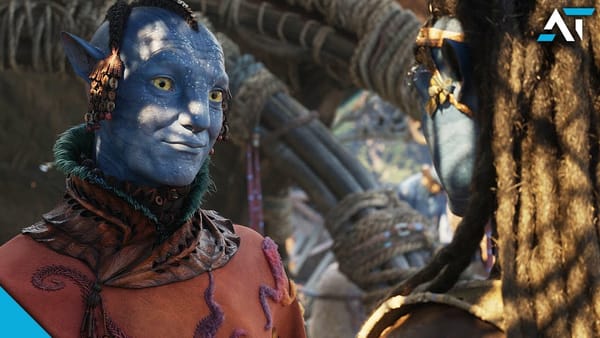Sneak preview of my debut novella
Current working title: Downstream from Nowhere

The absolute legends at 5ever Books recently announced that they would be releasing my debut novella as part of their 2025 slate of titles. When they dropped the news it, it was called Down in the Valley but I’m now swaying towards Downstream from Nowhere (or maybe Lose the Reverb, Where Goats Fear to Tread or Sick Beats for Sick Beasts, idk I still have time to settle on something).
Subtitled “an insufficient but staunchly serious history of the Messines Area and the surrounding lands and skies”, it is a satirical narrative history of a fictional valley told via a number of personae from different decades.

“It was an age of unprecedented optimism”
Since the first Pākehā set foot in what would go on to be known as the Messines Valley, it has seen its fair share of history. Music festivals. Failed settlements. Paranormal phenomena. Through a history of everything from sick beasts to sick beats, the stolen land has passed through the hands of church and state and capital and each has left its grubby fingerprints.
Downstream from Nowhere follows this history through the eyes of a selection of history’s most unfortunate scoundrels. These characters were confronted with what they found on the land and in the sky. What they took away from the valley (if anything at all), depended entirely on what they brought in.
Keep reading for a short section of the book, set in the 1980s
(noting absolutely everything is subject to change)
Gerard O’Reilly was a local boy. Sure, his name was dropped regularly across the island from the boardrooms of Queen Street to the tearooms of Lambton Quay, but he always kept one foot in the valley.
Coming up in Wai-Iti during the Depression, he learned everything he needed to know about community from the way his father, Dom, ran the general store. After the soldier settler scheme failed, the local land returned to the Crown in the 1920s. At this point, most of the native bush that remained was cleared to make way for exotic plants like grasses and trees (with the ever-present gorse expanding to fill any gaps) so it could be converted to farmland and, especially, state forest as part of a planting boom.
In his later life, Gerard would often lament that the transformation of the valley had been incomplete. Had the land been fully-utilised from the beginning, there would have been nothing remaining to fritter away in the Ohu Scheme half a century later. Nonetheless, the O’Reillys welcomed the introduction of more professional interests that moved into the valley after them. When those interests arrived, Dom O’Reilly made sure that the lads had the chainsaws, fuel and fertiliser to do the job. His enterprise even extended to pulling strings to get the first populations of gorsehopper introduced into the valley to deal with the invasive weed once and for all. If a customer couldn’t pay—no worries, Dom would let them sort him out later. He had a good memory after all.
As the `30s gave way to the `40s and Gerard came of age, he started to fully understand value: the value of a pound, the value of a handshake and, most importantly, the way that value changed over time. He took that lesson with him to Wellington where he fell in with the Greeks and started to make a name for himself in real estate. Gerard’s ambitions were even greater though, and in the `70s, he started Hillsborough Finance. Now, he could take that keen understanding of value and apply it up-and-down the country. As Māori were moving to the cities, he lent out enough for all the dishwashers, fondue-machines and Nissan Datsuns they might need. Back when a doctor’s prescription was required for olive oil, he provided the capital to a local grower (the Greeks loved him for that one). When New Zealanders started to listen to their own music, he was there to put up all the funds that promoters might need. Usually a handshake was enough to ensure he made bank on his investment but Gerard also knew the value of a cricket bat.
Gerard O’Reilly was a dedicated capitalist but this came second to his allegiance to the valley. He never forgot his roots and for this, he could do no wrong in the eyes of the people of Wai-Iti. They couldn’t be happier as he gradually snapped up forest from the state, up and down the valley. That giant gorsehopper sculpture you see as you pass through the town? Gerard paid for it. His framed portrait held pride of place above the bar in the local, as if to remind the patrons to whom it was all owed.
So when he heard that Paul Rosie was looking for a line of credit to bring a music festival back to the valley, Gerard was happy to oblige.
Subscribe so I can keep you informed about the book. If you love me, consider paying for it.



